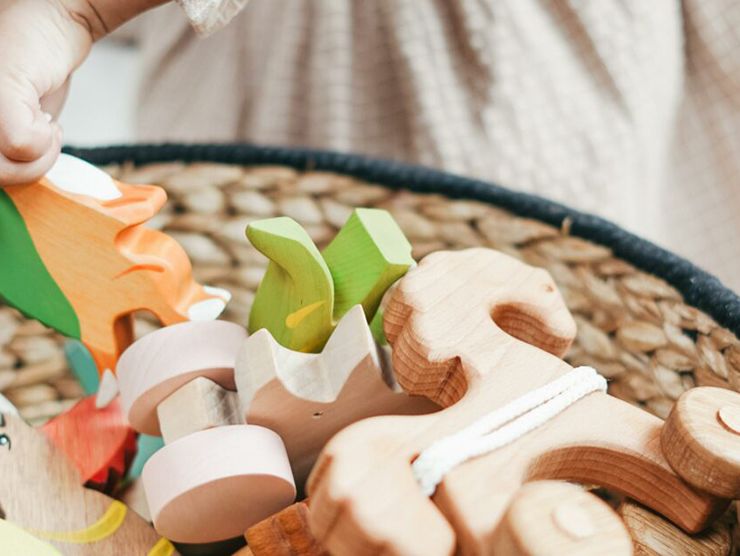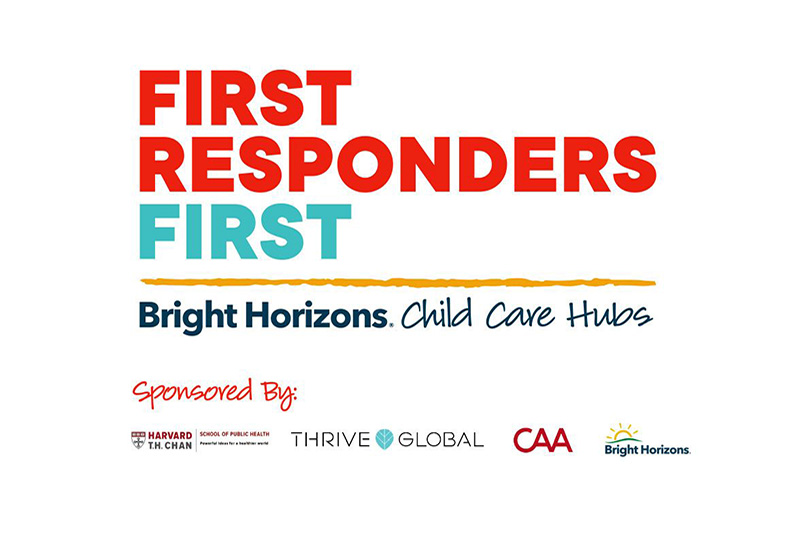We all know that reading with young children supports the development of a wide range of literacy skills. But did you know that reading together is also an excellent way to build a variety of other competencies in your child?
Jim Trelease, author of the Read Aloud Handbook, stresses the importance of reading to your child at all ages. He states, “Instead of educating the I.Q., we need to educate the H.Q., the heart quotient, the matters of truth, love, justice, and compassion. There are two ways to do this. One is through real-life experiences and the other is through literature. Literature has the power to take us outside ourselves and return to ourselves a changed self.”
Reading leads to natural discussion about characters, which can help your child to become better at taking another’s perspective. Additionally, reading with your child opens opportunity to expand your child’s background knowledge on a topic. This background knowledge offers your child a deeper understanding of the world, and provides context for future learning.
These concepts directly relate to the development of executive function skills in children. Executive functions allow us to assess and set priorities, think before acting, adjust to competing demands, and keep the perspective of another in mind.
Reading Activities to Develop Executive Functioning Skills in Children
When reading together, try these strategies.
Infants: Predictable verses of a simple repetitive book, such as "Brown Bear, Brown Bear, What Do You See?" by Eric Carle, builds your baby’s memory as she becomes familiar with the rhythm of the book. For the youngest of children, repetition is critical—even if it feels to you that you read the same book again and again. With each reading, the story becomes more exciting and taps into developing different skills in your child. The more often your child hears a book, the more it helps him to predict an event, and then use inhibitory control to contain his reaction until the surprise is revealed at the end.
Toddlers: As you read a book with repetitive text, pause before a frequently repeated word and allow your child to insert the word that comes next. As your child’s language development blossoms, she can have more discussion with you. For example, if you read a book such as "Goodnight Gorilla," by Peggy Rathmann, begin by asking your child a question such as, “What happened the last time you visited the zoo?” so she can take prior knowledge and connect it to the content at hand.
Preschool and Older: When reading, ask open-ended questions. When you ask questions to help your child to reflect on the motivation and thinking of the characters, your child learns to take the perspective of others. Some possible questions include, “Why do you think she made that choice?” or “What could he have done differently?” When you add the question, “What would you have done?” your child has to employ cognitive flexibility to see the problem from a different perspective and explain what action she would have taken.
Books offer endless opportunities. Reading together with your child is a wonderful way to open conversation about topics that may never have emerged without the impetus of the book. As children grow and develop, these discussions become a foundation that influences the way in which children approach so many real-life situations.
Reading Aloud with Children: Parent Webinar
Learn More about Reading and Childhood Development
- Here are six simple tips for reading to toddlers.
- Discover the benefits of reading to babies.
- Teach your child about compassion through reading.





